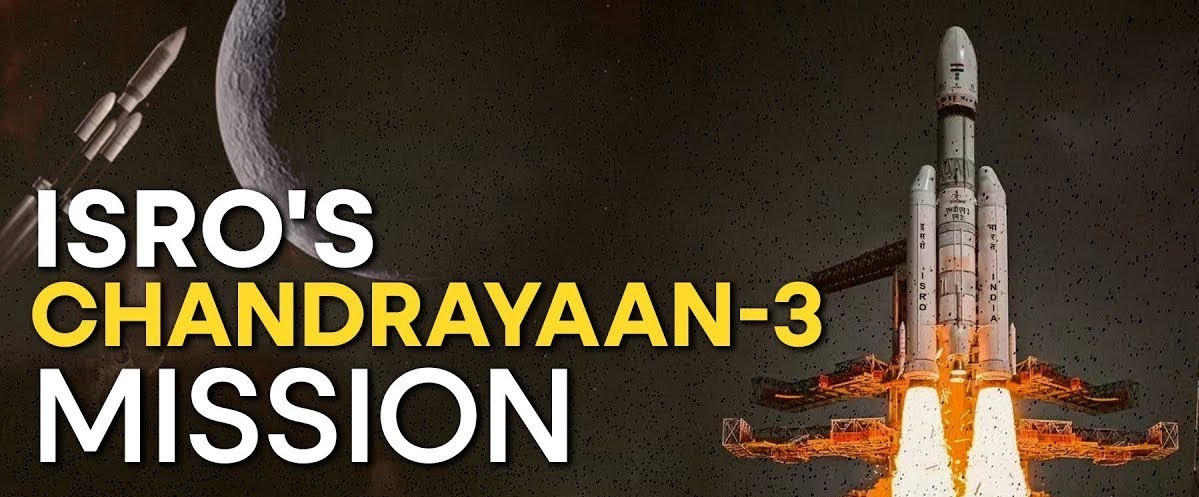India’s national space agency, the Indian Space Research Organisation (ISRO), has extended an open invitation to the global scientific community to access and study data collected by the Chandrayaan-3 lander. This initiative marks a major step towards collaborative space research, enabling scientists worldwide to analyze unprecedented lunar surface information and advance planetary science.
Key Highlights of ISRO’s Data Sharing Initiative
Access to Chandrayaan-3 Lander Scientific Data
ISRO has announced that the vast trove of data collected by the Chandrayaan-3 lander’s scientific instruments will be made available through an open call for research proposals. This data consists of high-resolution imagery, chemical composition analysis, and environmental measurements gathered from the lunar surface.
Encouraging Collaborative Research
The call aims to encourage both Indian and international researchers across universities, institutions, and space agencies to submit proposals leveraging the Chandrayaan-3 dataset for scientific inquiry, fostering knowledge sharing and innovation.
Diverse Instrumentation and Data Types
The Chandrayaan-3 lander suite includes instruments measuring seismic activity, thermal properties, surface composition, and radiation levels. The availability of such multifaceted data opens avenues for breakthroughs in understanding lunar geology, seismicity, and exosphere characteristics.
Scientific and Strategic Significance
Augmenting Lunar Science
The Chandrayaan-3 mission, India’s third lunar exploration attempt, has successfully expanded our knowledge of the Moon’s south pole region, a relatively uncharted territory. Studies utilizing this data can shed light on the presence of water ice, volatile compounds, and surface morphology.
Supporting Future Missions and Space Exploration
Insights derived from Chandrayaan-3 data are expected to guide future lunar missions, including human exploration planning and resource utilization, contributing to global efforts in space colonization and sustainable extraterrestrial development.
Boosting Indigenous Research Capacity
By facilitating access to critical datasets, ISRO supports the growth of India’s space science community, enhancing expertise and encouraging cutting-edge research projects domestically.
Application Process and Timeline
Call for Research Proposals
ISRO’s Space Applications Centre and Payload Operations Centre will accept proposals detailing planned analytical methods and expected scientific outcomes. Submissions will be evaluated on scientific merit, feasibility, and innovation potential.
Data Access and Usage Guidelines
Selected researchers will be granted access to raw and processed datasets, along with technical documentation and support. ISRO emphasizes adherence to ethical data use, publication standards, and collaborative acknowledgment protocols.
Timeline and Support
The proposal window is open until December 2025, with notifications anticipated in early 2026. ISRO plans to host workshops and webinars to assist researchers in effectively utilizing the Chandrayaan-3 datasets.
Global Interest and ISRO’s Open Science Vision
International Space Research Community Engagement
ISRO’s data sharing initiative aligns with global trends toward open science, promoting transparency, reproducibility, and collective progress in space research. It fosters partnerships with agencies like NASA, ESA, and JAXA.
Encouraging Cross-Disciplinary Exploration
The Chandrayaan-3 dataset holds value for disciplines beyond space science, including geology, chemistry, physics, and environmental sciences, broadening research horizons.
Conclusion: Empowering Space Research Through Open Access to Chandrayaan-3 Data
ISRO’s invitation to study Chandrayaan-3 lander data exemplifies its commitment to advancing planetary science through collaboration and knowledge sharing. This initiative unlocks vast possibilities for discovery and innovation, reinforcing India’s position as a key contributor to global space exploration efforts.
Sources: ISRO official releases, Press Information Bureau (PIB), Economic Times, Space News India, The Hindu
